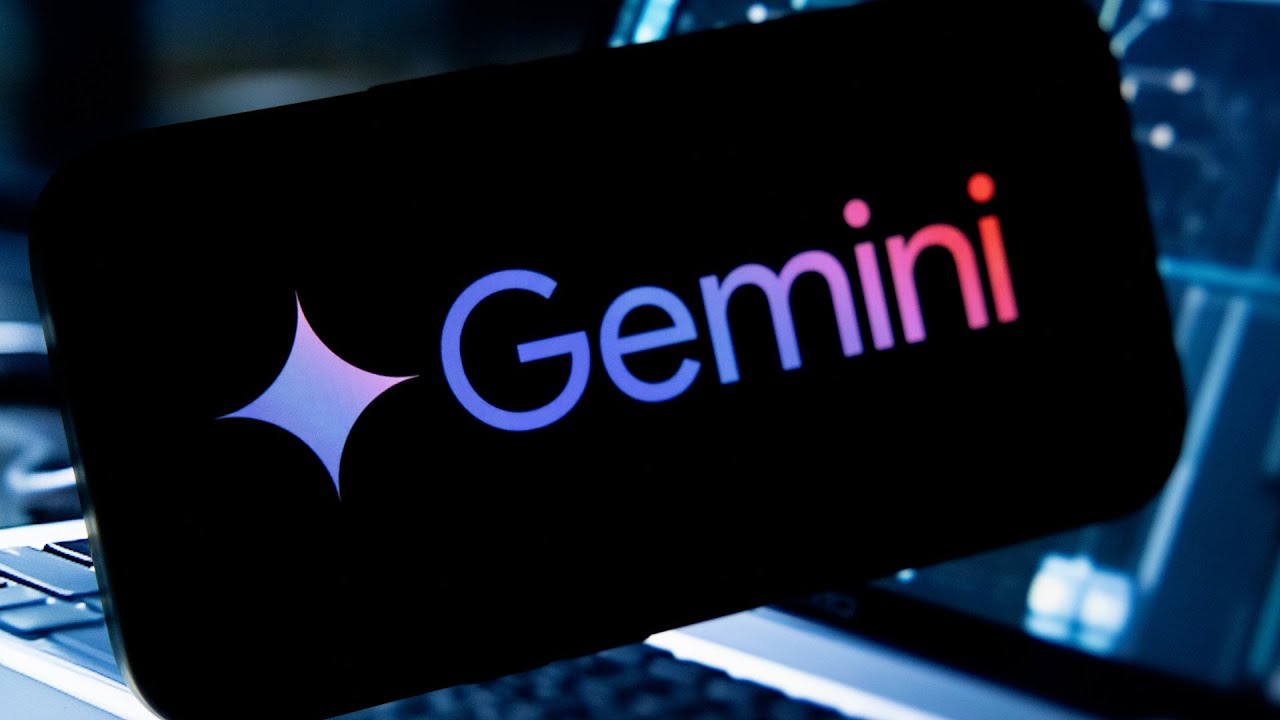Google has introduced a new video feature for its Gemini AI to enhance its generative AI capabilities, though the rollout has faced ethical and performance challenges requiring further refinement. Meanwhile, Apple is struggling to keep pace in the AI race amid talent poaching by competitors like Meta, highlighting the need for stronger innovation and leadership to establish itself as a major AI developer.
Google has introduced a new video feature for its Gemini AI, which will be available to paid users. This technology, initially unveiled at Google’s IO developer conference in May, aims to help Google keep pace with competitors in the generative AI space. Despite Google’s pioneering role in AI research, particularly with the transformer model, the company has faced challenges in maintaining its lead against rivals. The introduction of this video feature marks a significant step in broadening access and enhancing Gemini’s capabilities.
However, the rollout of this feature has encountered some issues. Google had previously paused certain generative AI functions due to concerns about ethical implications, such as altering people’s race in generated images or videos. During testing, some inconsistencies were observed—for example, the AI changed the race of a user in a video without being prompted, and it failed to accurately generate a requested breakdancing video. These mixed results highlight the ongoing need for refinement and the implementation of guardrails to ensure responsible AI use.
Meanwhile, Apple is perceived to be lagging behind in the AI race. Analysts have speculated about potential leadership changes at Apple, suggesting that the company may need a stronger focus on product innovation rather than supply chain management to compete effectively in AI. The competition for top AI talent is intense, with reports of Meta offering lucrative compensation packages exceeding $200 million to attract leading AI experts. These packages include base salaries, signing bonuses, stock options, and performance-based incentives, reflecting the high stakes in the AI talent war.
Meta, under Mark Zuckerberg’s leadership, is aggressively pursuing dominance in AI and superintelligence, attracting talent from competitors like Apple. This talent migration underscores the challenges Apple faces in establishing itself as a leader in generative AI development. The question remains whether Apple will evolve into a primary AI developer or continue as a user of AI technologies created by others. Despite these challenges, Apple’s strong market capitalization and stock performance suggest it is not struggling overall, though its AI efforts have yet to yield a breakthrough.
Apple’s difficulties in AI are compounded by its struggles to launch new blockbuster hardware products. The Vision Pro, while praised for innovation, has not achieved strong sales. This, combined with ongoing talent poaching and the need to catch up in AI, indicates that Apple has significant ground to cover. The company’s future in AI will likely depend on its ability to innovate both in hardware and software, and to retain and attract top AI talent in an increasingly competitive landscape.
